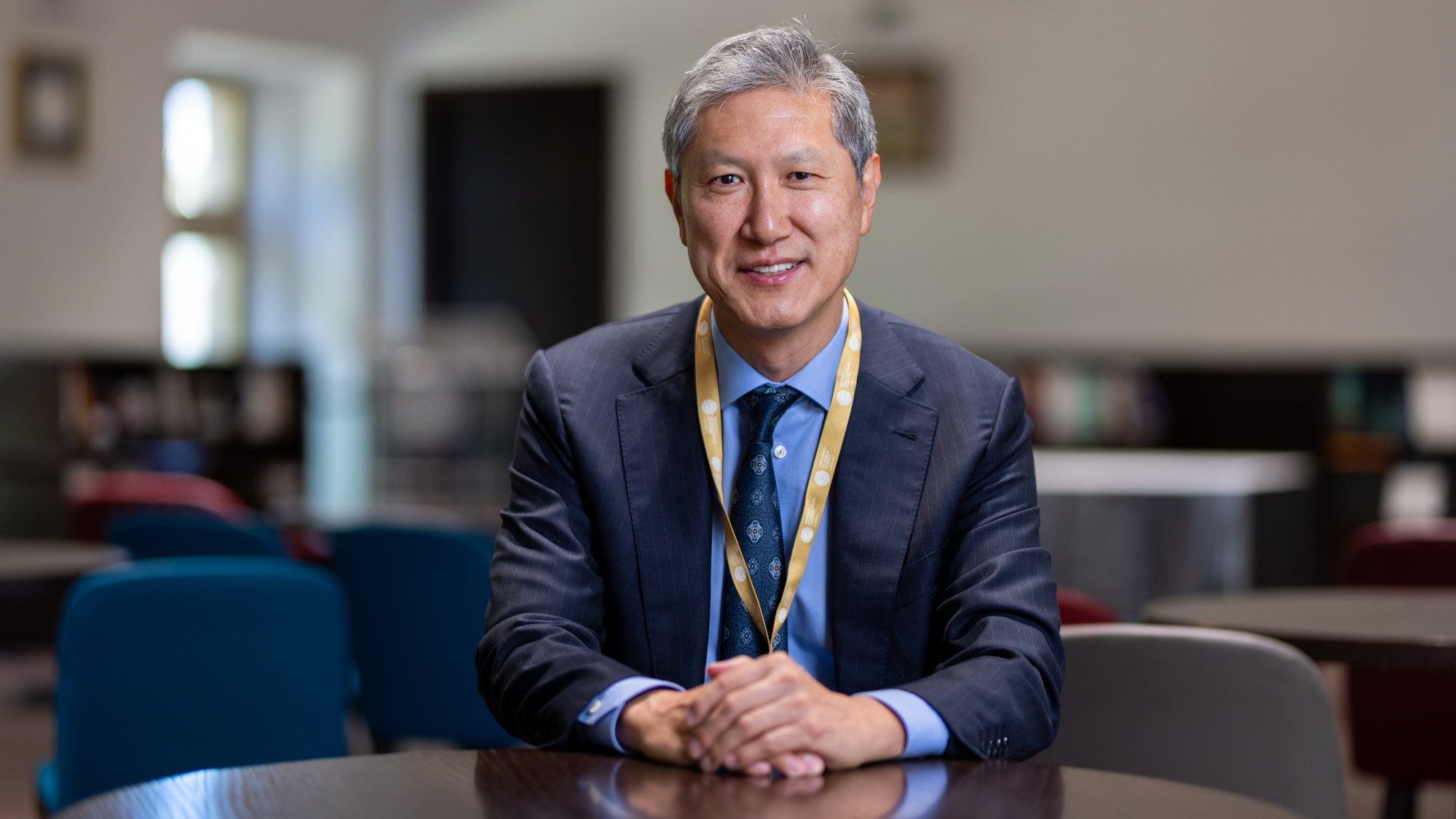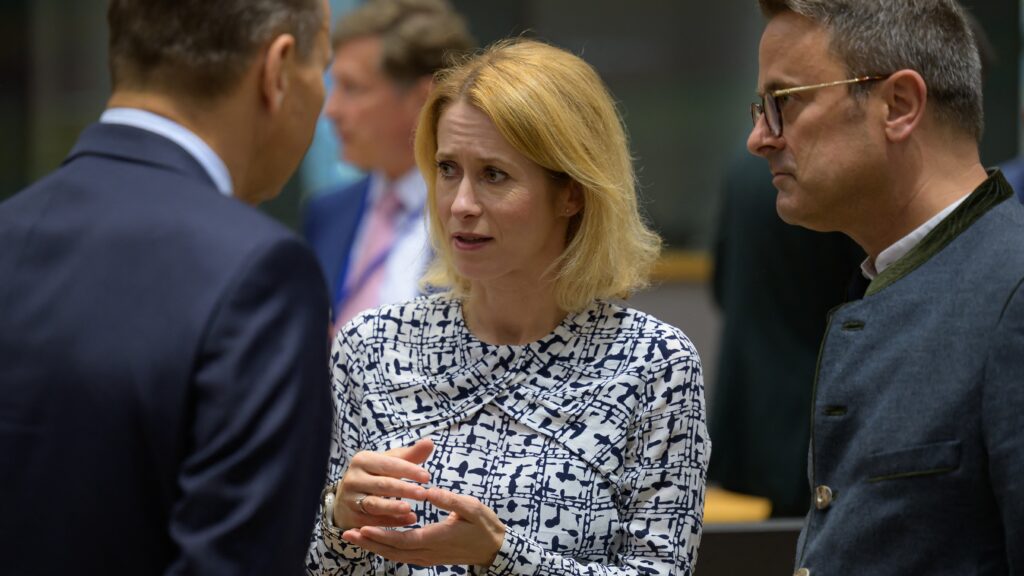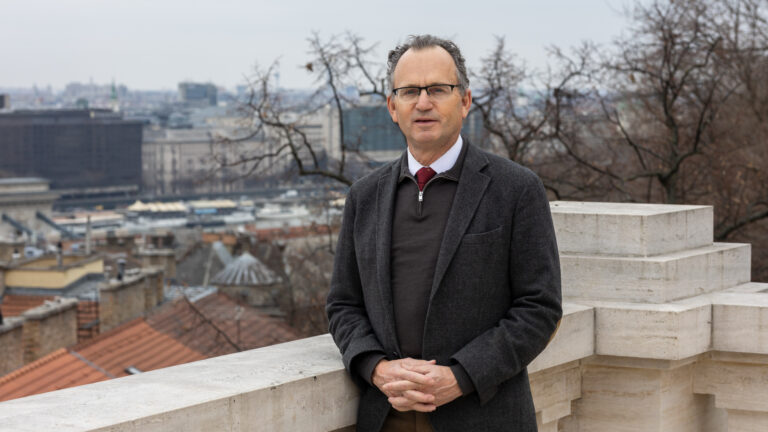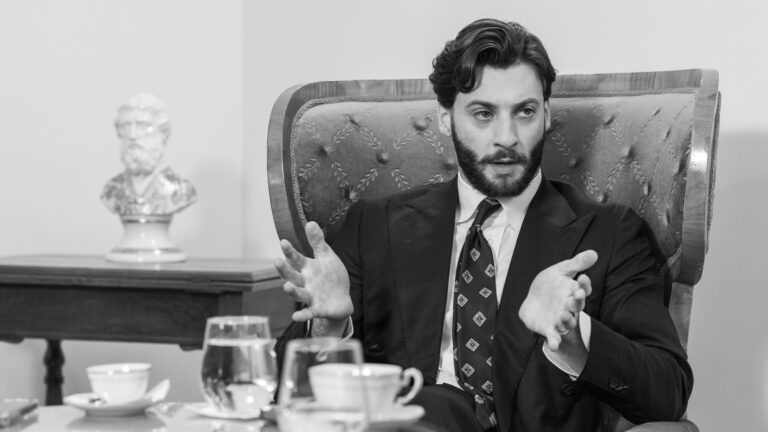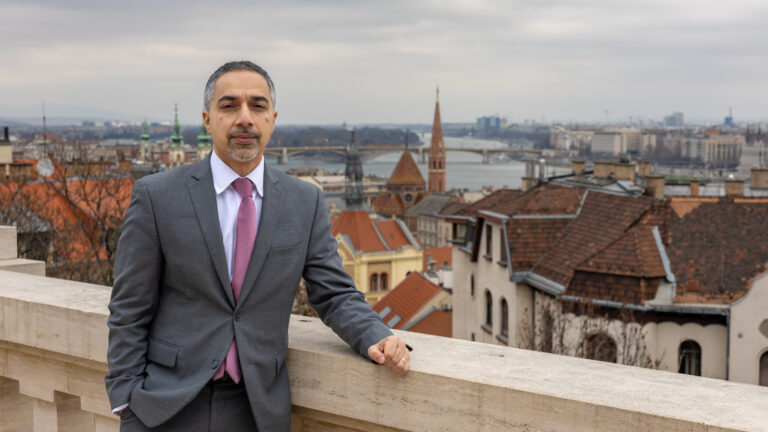Jae Hun Ro is the founding Chairman of the Korean–Hungarian Friendship Association. He recently visited Budapest to participate in the Hungary–Korea Forum 2024, organized by the Ludovika University of Public Service. At the event, he also presented the Ludovika Prize. Jae Hun Ro sat down with Hungarian Conservative to discuss Hungarian–Korean cultural relations, the future of both nations in this regard, and the significance of Hungary’s family policy as a key aspect of the country’s soft power.
***
Five years ago, in 2019, you founded the Korean–Hungarian Friendship Association. I believe many of our readers may not be fully aware of the organization’s focus and activities. Could you tell us more about its mission and the work it has been doing since its establishment?
Not many Hungarians may be aware of our association, as our primary focus is on working in Korea to promote and introduce Hungary across various aspects to the Korean public. In 2019, we marked the 30th anniversary of our diplomatic relationship, but while diplomatic relations represent an official connection, there had been little in terms of meaningful exchanges and cooperation between the two countries. We are gradually progressing in this area, but we felt a need to give it a significant boost. As you may recall, around that time, the tragic accident of the Hableány cruise ship occurred on the Danube River. Throughout the process of addressing that tragedy, the Hungarian government demonstrated considerable goodwill and respect for the victims. In light of this, we realized that, despite 30 years of diplomatic relations, there wasn’t a civilian institution dedicated to promoting these types of exchanges between Hungary and Korea. Therefore, in 2019, we established our association and began working to promote Hungary in Korea. Of course, shortly after, COVID-19 emerged, and in-person exchanges had to be paused temporarily. However, domestically in Korea, we continued to pursue our goals. We issued quarterly newsletters, produced videos showcasing the beauty and uniqueness of your country, and organized numerous events and activities—primarily cultural, but also educational. We also worked closely with the Hungarian Embassy and the Liszt Cultural Institute in Korea, assisting them in organizing events. So, again, our aim remains to increase public awareness of Hungary among Koreans, and we are committed to continuing this important work.
In Hungary, and more broadly in the Western world, we are quite familiar with South Korean culture—K-pop, K-drama, and so on. But how do Koreans perceive Hungary and Hungarian culture? What is their level of awareness and interest?
First of all, there’s an imbalance, I’d say, between the interest or enthusiasm for each other’s cultures. I’ve noticed that the Hungarian public is quite keen on Korean culture, especially pop culture—whether it’s music or movies. However, to be honest, there’s very little interest among the Korean public in Hungarian culture. This is the imbalance we are trying to overcome. When the Liszt Cultural Institute imports high-quality films from large production companies, we work together to showcase them to the general public. We also collaborate to introduce talented Hungarian artists and artworks to Korea. There’s also an emphasis on Hungarian dance, especially folk dance, which is wonderful. And of course, we don’t even need to mention Hungary’s rich classical music tradition. Whenever there’s an opportunity to present aspects of Hungarian culture in Korea, we are involved—sometimes leading the way, or at other times working closely with relevant institutions and organizations to raise awareness of Hungary among the Korean public. These days, especially among the younger generation, cultural content is mainly consumed through digital media. Platforms like YouTube and other digital sources are essential for distributing and spreading this content. Because of this, we want to produce a series of media content aimed particularly at the younger generation, presenting Hungarian culture in a more entertaining and engaging way.
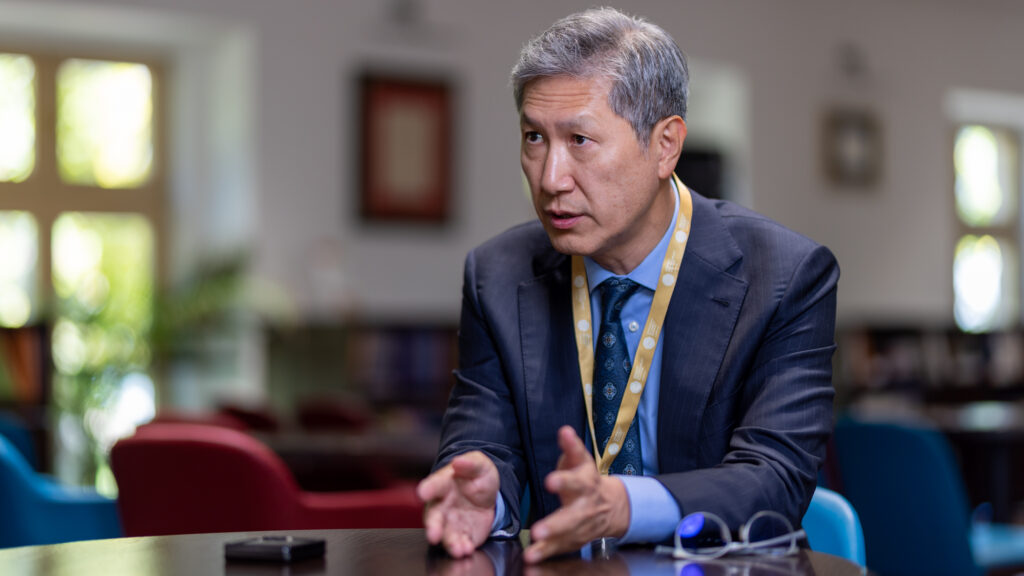
Have these efforts started to show any tangible results?
Well, there’s no real way to evaluate the results definitively, but if we compare the situation now to five years ago, there are noticeable changes. For example, when I flew here yesterday, I was surprised—the flight was completely full. Some of our delegates struggled to find seats on other flights as well, which was quite difficult. Even just a year ago, it was easy to find empty seats. Whether it’s due to economic reasons or something else, it seems that people in Korea are becoming more and more interested in Hungary. When it comes to the cultural aspect, the results of our efforts don’t manifest immediately. There’s a learning curve in this field—it takes time. But if we continue consistently, one day it will all come together, and suddenly, there will be a breakthrough. So, I believe if we keep doing what we’re doing—steadily informing the Korean public about Hungary—eventually it will yield great results. Of course, we could use a significant catalyst.
‘Whether it’s due to economic reasons or something else, it seems that people in Korea are becoming more and more interested in Hungary’
Before COVID, we worked with a content producer to arrange for a Korean drama to be shot in Budapest. Naturally, this involved actors and actresses who are well-known in Korea. If the backdrop or storyline is directly or even indirectly connected to Hungary, people would love it. When they love something, they want to experience it, and that generates a positive spiral—the more they enjoy it, the more they want to know and explore. I don’t want to blame everything on COVID, but we went through difficult times, and you can’t achieve everything online, right? Now, however, things are returning to normal, and I see our relationship shifting into a higher gear—it’s improving more and more. So, I am very optimistic about the future.
This may be somewhat off-topic, but it’s still connected to cultural aspects. As we know, South Korea has one of the lowest birth rates globally. Recently, former Hungarian President Katalin Novák visited the country to promote her newly founded organization aimed at addressing the global demographic crisis, drawing on ideas and initiatives from Hungary’s widely recognised family policy. Do you believe that, in the future, Hungarian family policy could become as influential a soft power tool as culture is in the case of South Korea?
When President Novák visited Korea, I had the honour of hosting her. She spoke at the National Assembly, and I hosted a lunch in her honour, as well as attended several lectures she gave. Her perspective on this issue was quite different from what we typically hear in Korea. Here, we tend to view it primarily as an economic or financial issue, often saying: ‘It’s just too expensive to have and raise children.’ But her approach gave us a fresh perspective—she framed it as a cultural and social issue, not just about money. Of course, financial concerns are important, but fundamentally, that’s not the core of the problem. It’s more about culture, social norms, and community values. In Korea, there’s a joke that I think has a lot of truth to it: more dog strollers are being sold than baby strollers. The number of pets now exceeds the number of babies, and the younger generation seems to think this is natural. There’s a growing trend where people prefer pets over having children, and while I’m not saying it’s right or wrong, it’s a trend we need to address. If we want to change it, we can’t simply say: ‘If you have a baby, we’ll give you more money.’ It’s not just about that. It’s about showing people that having and raising a child is deeply rewarding and brings genuine happiness. There have to be underlying values that support this mindset. How do we do that? That’s the big question. It’s a huge task, and of course, it won’t happen overnight. Change has to come slowly, but steadily. That’s why we are eager to learn from your experience. In Korea, we hear about the so-called ‘Hungarian model,’ which is often discussed in a very superficial way, focusing mostly on the financial aspects. But we know there’s much more to it. We want to learn how Hungary changed its value system, making people realize that having children is not only good but a fulfilling and joyful part of life. We’re ready and willing to learn from you.
Related articles:

